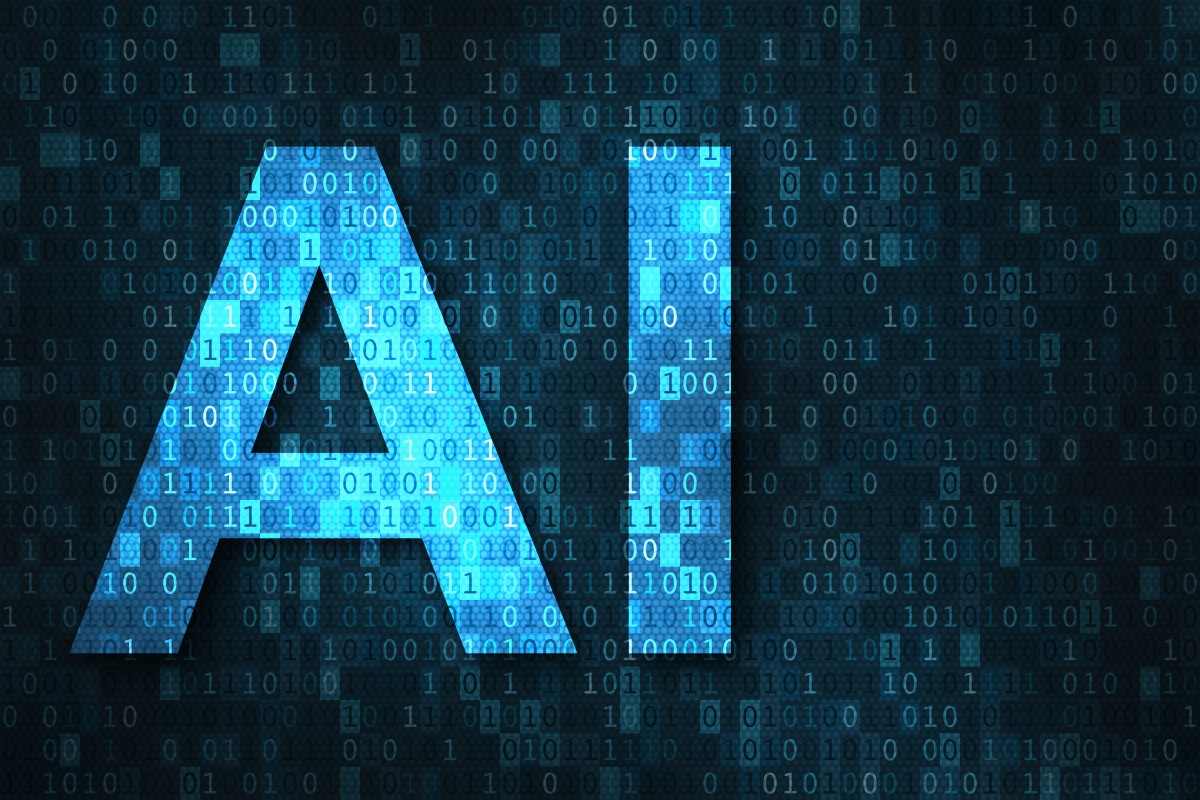“Digital workplace leaders will proactively implement AI-based technologies such as virtual assistants or other NLP-based conversational agents and robots to support and augment employees’ tasks and productivity,” said Helen Poitevin, senior research director at Gartner. “However, the AI agents must be properly monitored to prevent digital harassment and frustrating user experiences.”
Past incidents have shown that poorly designed assistants cause frustration among employees, sometimes prompting bad behaviour and abusive language toward the VPA. “This can create a toxic work environment, as the bad habits will eventually leak into interactions with co-workers,” said Ms Poitevin.
Recent experiments have also shown that people’s abusive behaviour toward AI technologies can translate into how they treat the humans around them. Organisations should consider this when establishing VPAs in the workplace and train the assistants to respond appropriately to aggressive language.
Ms Poitevin added: “They should also clearly state that AI-enabled conversational agents should be treated with respect, and give them a personality to fuel likability and respect. Finally, digital workplace leaders should allow employees to report observed cases of policy violation.”
Back-Office Bank Employees Will Rely on AI for Nonroutine Work
Gartner predicts that, by 2020, 20 per cent of operational bank staff engaged in back-office activities will rely on AI to do nonroutine work.
“Nonroutine tasks in the back offices of financial institutions are things like financial contract review or deal origination,” said Moutusi Sau, senior research director at Gartner. “While those tasks are complex and require manual intervention by human staff, AI technology can assist and augment the work of the staff by reducing errors and providing recommendation on the next best step.”
AI and automation have been applied to routine work that has been successful across banks and their value chain. “In some cases, we witnessed layoffs to reduce unneeded head count, and understandably back-office staff are worried their jobs will be replaced by machines,” said Ms Sau.
However, AI has a bigger value-add than pure automation, which is augmentation. “The outlook for AI in banking is in favour of proactively controlling AI tools as helpers, and those can be used for reviewing documents or interpreting commercial-loan agreements. Digital workplace leaders and CIOs should also reassure workers that IT and business leaders will ‘deploy AI for good’,” concluded Ms Sau.




